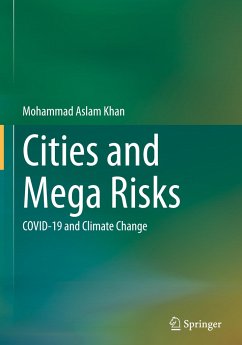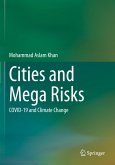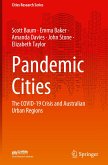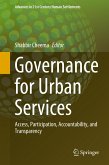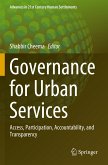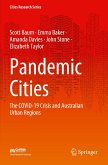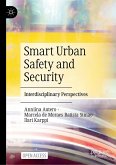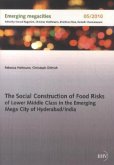This book focuses on the emergence of COVID-19 and climate change as twin mega risks to cities of both developed and developing countries. The work analyses how the pandemic has transformed city functions, promoted remote working, and affected socializing, education and learning patterns, recreation, as well as shopping and entertainment. It discusses the lessons learned from these two Mega Risks, the evolution of urban patterns and functions in their wake, and provides visionary thinking for the improvement of cities from the experiences gained. The COVID-19 Pandemic and climate change are both posing serious threats to cities' future. Together, they demand changes in the ways cities' function and operate. The work presents a case for a better understanding of the twin mega risks, the magnitude of their impacts, the responses of cities in combating these issues, and planning strategies for preparing, mitigating and adapting to these and future risks. The book is designed to provide reliable resource materials for a wide audience such as planners, professional practitioners, scientists, students, teachers and researchers working in various fields including geography, environmental sciences, social sciences, policy and planning.
Bitte wählen Sie Ihr Anliegen aus.
Rechnungen
Retourenschein anfordern
Bestellstatus
Storno

